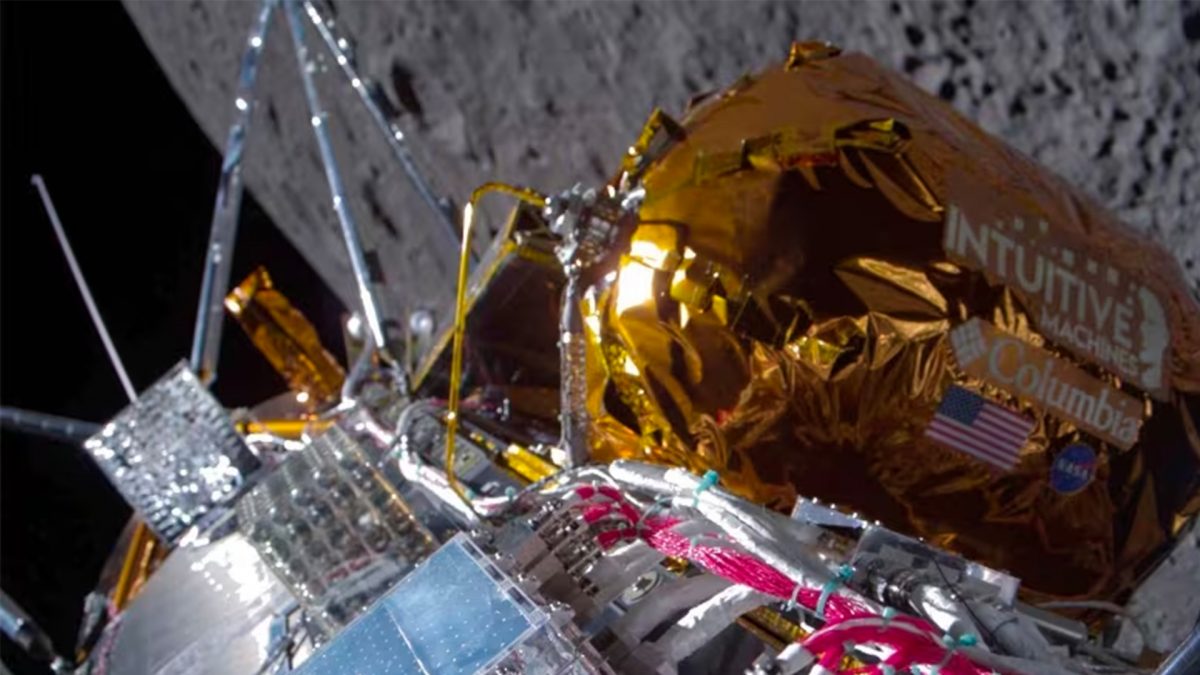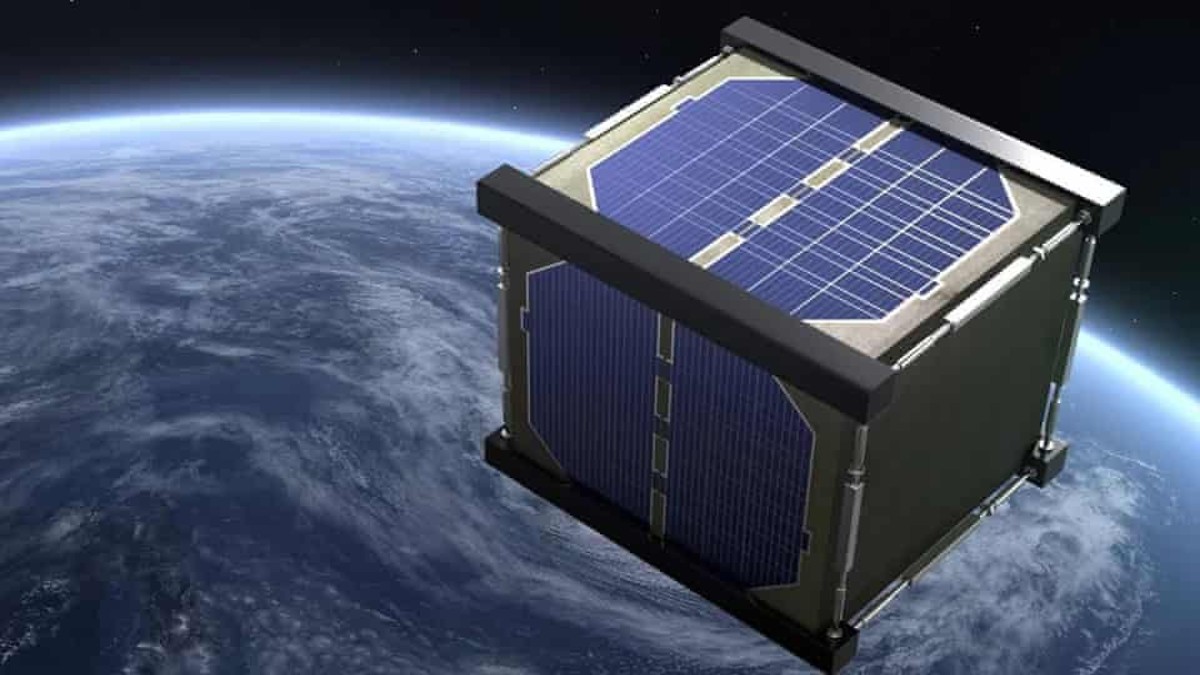Nasa’s Spitzer Space Telescope has found seven Earth like exoplanets in orbit around a single ultracool white dwarf star. The star is known as Trappist-1 and is only 40 light years away, which is very close in cosmic distances. Three of the planets were initially identified as the exoplanets most suitable for life as we know it on Earth, by an international team of astronomers last year.
All the seven planets are in an orbit closer to Trappist-1 than Mercury is to the Sun. An individual standing on the surface of one of the planets, can observe geological and atmospheric features on the others. Some of the other worlds would appear larger than the Moon as seen from the Earth. The planets are in the habitable zone of the star, where the temperature is just right for liquid water to exist on the surface. Further observations are needed to confirm if the planets actually have liquid water.
There are indications that the planets are tidally locked to the star, which means that one side of the planets are in perpetual daylight, and it is always night on the other side of the planet. In this case, there will be a twilight zone between the day and night sides. The weather on these worlds would be more extreme than those on Earth, with strong winds blowing from the day side to the night side, and extreme changes in temperature.
An international team of astronomers have made available data-sets of over two decades of observations, in an effort to crowd source the discovery of new extra solar planets. The scientists cannot go through all the collected data on their own, and are asking for help from the general public. This means that you could come up with the next exciting exoplanet discovery by going through the data at your home.


)




)
)
)
)
)
)
)
)